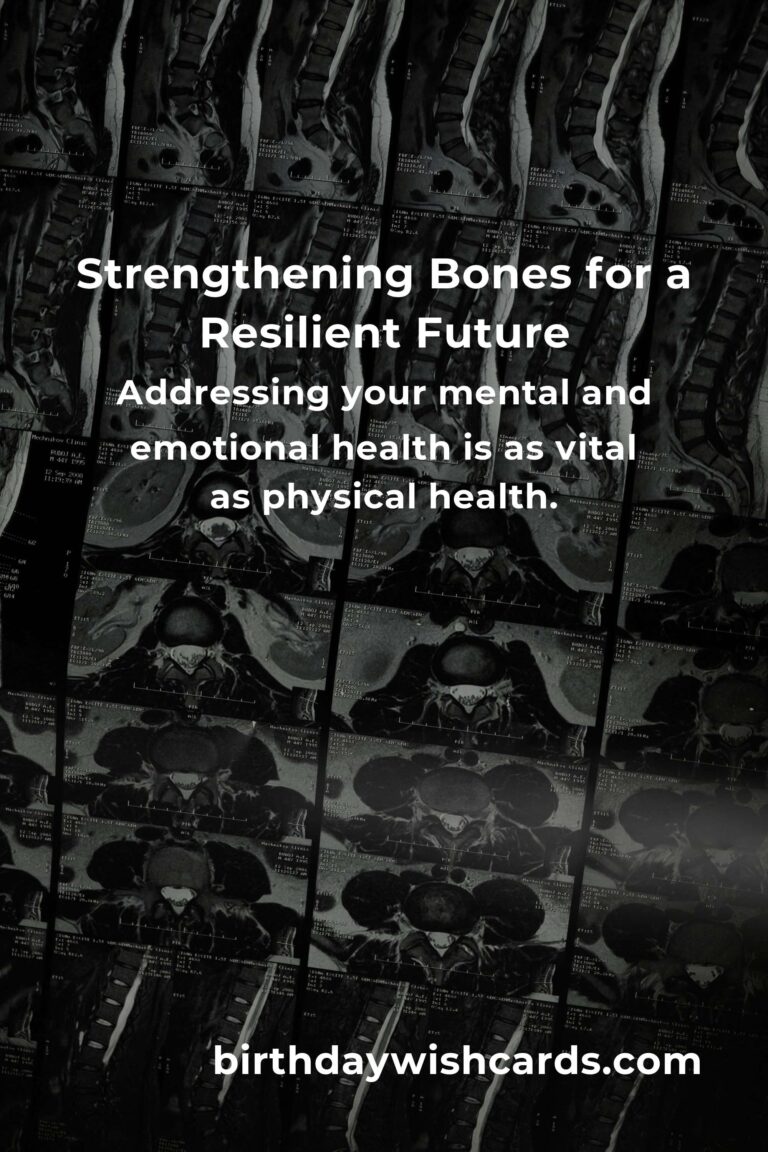
Healthy eating is an essential aspect of maintaining a balanced lifestyle. It involves making informed choices about the foods you consume, ensuring that they contribute positively to your overall well-being. In this comprehensive guide, we will explore the fundamentals of healthy eating, provide practical tips, and highlight the benefits of adopting a nutritious diet.
Understanding Healthy Eating
Healthy eating is not about strict dietary restrictions, staying unrealistically thin, or depriving yourself of the foods you love. Rather, it’s about feeling great, having more energy, improving your health, and boosting your mood. A balanced diet provides the nutrients your body needs to work effectively. Without balanced nutrition, your body is more prone to disease, infection, fatigue, and poor performance.
Components of a Balanced Diet
To achieve a balanced diet, it is essential to include a variety of foods from all the food groups. These groups include:
- Fruits and Vegetables: They are rich in vitamins, minerals, and fibers. Aim to fill half your plate with fruits and vegetables at each meal.
- Proteins: Essential for building and repairing tissues. Sources include meat, fish, eggs, beans, and nuts.
- Carbohydrates: Provide energy for the body. Choose whole grains such as brown rice, oats, and whole wheat bread.
- Dairy: Important for bone health due to its calcium content. Opt for low-fat or fat-free options.
- Fats: Necessary for brain health and energy. Focus on healthy fats found in avocados, olive oil, and fish.
Tips for Healthy Eating
Developing healthy eating habits can be challenging, but with a few simple changes, it can become a sustainable part of your lifestyle:
- Plan Your Meals: Planning helps you control portions and ensures you have healthy ingredients on hand.
- Read Labels: Educate yourself about nutritional information to make informed choices.
- Stay Hydrated: Water is essential for digestion and absorption of nutrients.
- Practice Mindful Eating: Focus on your food, enjoy each bite, and listen to your body’s hunger signals.
- Avoid Processed Foods: Limit intake of foods high in sugar, salt, and unhealthy fats.
Benefits of Healthy Eating
Embracing healthy eating habits has numerous benefits, including:
- Weight Management: Helps maintain a healthy weight and reduces obesity risk.
- Improved Mental Health: Certain foods can improve mood and reduce anxiety.
- Reduced Risk of Chronic Diseases: A healthy diet lowers the risk of heart disease, diabetes, and certain cancers.
- Enhanced Energy Levels: A balanced diet provides the necessary fuel for daily activities.
- Better Sleep: Nutrient-rich foods contribute to more restful sleep.
Conclusion
Incorporating healthy eating habits into your daily routine is a powerful way to improve your health and quality of life. By making conscious food choices and being mindful of your eating habits, you can enjoy the vast benefits of a balanced diet. Remember, it’s not about perfection but about making more healthful choices most of the time.
Healthy eating involves making informed choices about the foods you consume. A balanced diet provides the nutrients your body needs to work effectively. To achieve a balanced diet, it is essential to include a variety of foods from all the food groups. Developing healthy eating habits can be challenging, but with a few simple changes, it can become a sustainable part of your lifestyle. Embracing healthy eating habits has numerous benefits, including weight management, improved mental health, and reduced risk of chronic diseases.
#HealthyEating #Nutrition #BalancedDiet #Wellbeing #Lifestyle













